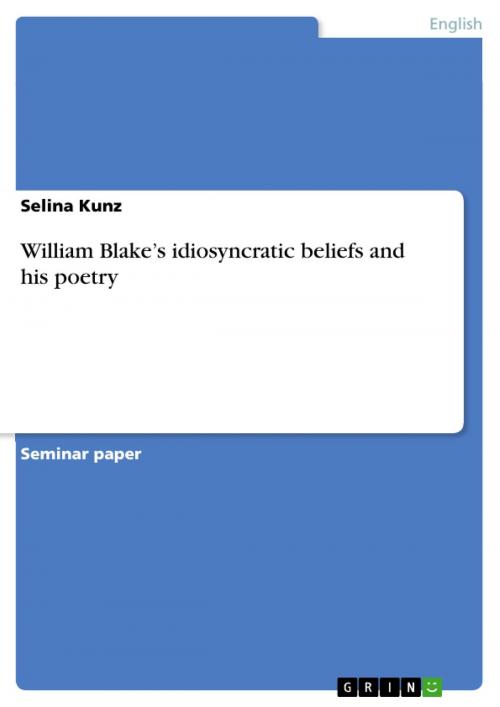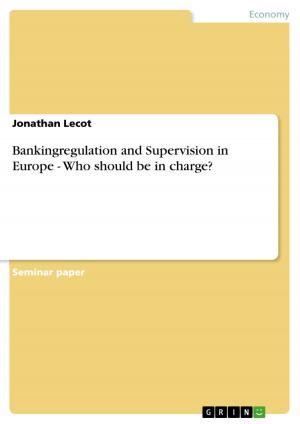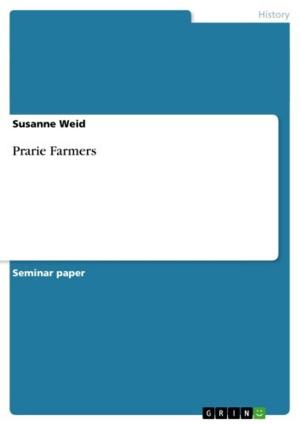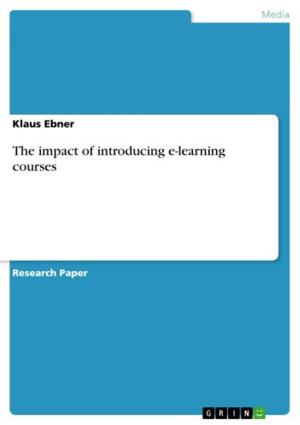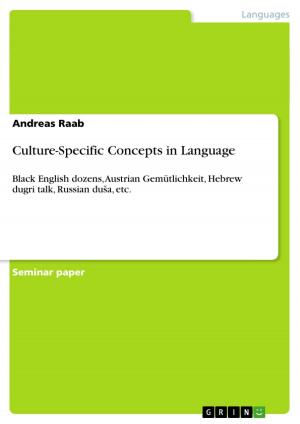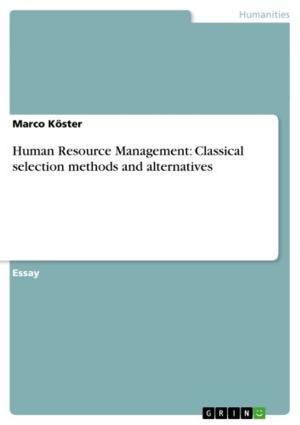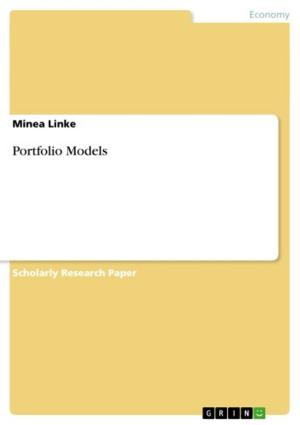William Blake's idiosyncratic beliefs and his poetry
Fiction & Literature, Literary Theory & Criticism, British| Author: | Selina Kunz | ISBN: | 9783640416103 |
| Publisher: | GRIN Publishing | Publication: | August 31, 2009 |
| Imprint: | GRIN Publishing | Language: | English |
| Author: | Selina Kunz |
| ISBN: | 9783640416103 |
| Publisher: | GRIN Publishing |
| Publication: | August 31, 2009 |
| Imprint: | GRIN Publishing |
| Language: | English |
Seminar paper from the year 2009 in the subject English Language and Literature Studies - Literature, grade: 2,0, University of Trier (Fachbereich II, Anglistik), course: Literature and Religion: From the Renaissance to Romanticism, language: English, abstract: The English poet and painter William Blake appears to be mysterious, mainly because his works are not easy to comprehend. His poems and books are full of religious and philosophical questions and metaphors, some of his works are even accompanied by paintings which make his legacy even more complex. Blake lived in revolutionary times. The era can be characterised as a time of big upheavals and major changes in society. Reasons for this are the French and the American Revolution which had an influence on writers of the early Romantic period. Furthermore the first signs of industrialisation in the late 18th century showed the need for political reforms. A connection between the events in France and the apocalyptic prophecies in the bible was drawn - a belief in a universal peace, similar to the promise of paradise following this apocalypse in the bible. When this hope was not satisfied, thinkers did not abandon it, but started a quiet, moralistic revolution. In Blake's work, both the social criticism and the religious aspect can clearly be found. This paper wants to find out about William Blake's (religious) beliefs which are often seen as idiosyncratic. It tries to explain the most significant influences on Blake and his writing by illustrating his relationship with the Church of his time, the ideas of the Deist movement and the influence of the mystic Emanuel Swedenborg. Afterwards it will describe the influences of religion on the well-known volumes of poetry 'Songs of Innocence' and 'Songs of Experience' by commenting on exemplary poems of both volumes.
Seminar paper from the year 2009 in the subject English Language and Literature Studies - Literature, grade: 2,0, University of Trier (Fachbereich II, Anglistik), course: Literature and Religion: From the Renaissance to Romanticism, language: English, abstract: The English poet and painter William Blake appears to be mysterious, mainly because his works are not easy to comprehend. His poems and books are full of religious and philosophical questions and metaphors, some of his works are even accompanied by paintings which make his legacy even more complex. Blake lived in revolutionary times. The era can be characterised as a time of big upheavals and major changes in society. Reasons for this are the French and the American Revolution which had an influence on writers of the early Romantic period. Furthermore the first signs of industrialisation in the late 18th century showed the need for political reforms. A connection between the events in France and the apocalyptic prophecies in the bible was drawn - a belief in a universal peace, similar to the promise of paradise following this apocalypse in the bible. When this hope was not satisfied, thinkers did not abandon it, but started a quiet, moralistic revolution. In Blake's work, both the social criticism and the religious aspect can clearly be found. This paper wants to find out about William Blake's (religious) beliefs which are often seen as idiosyncratic. It tries to explain the most significant influences on Blake and his writing by illustrating his relationship with the Church of his time, the ideas of the Deist movement and the influence of the mystic Emanuel Swedenborg. Afterwards it will describe the influences of religion on the well-known volumes of poetry 'Songs of Innocence' and 'Songs of Experience' by commenting on exemplary poems of both volumes.
